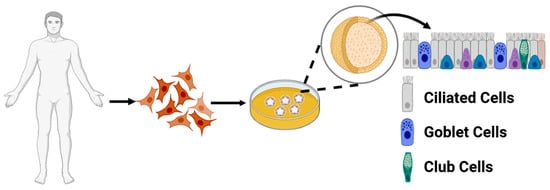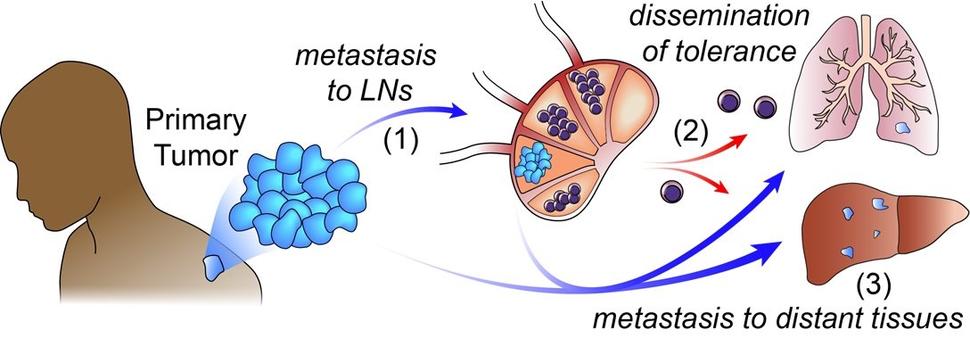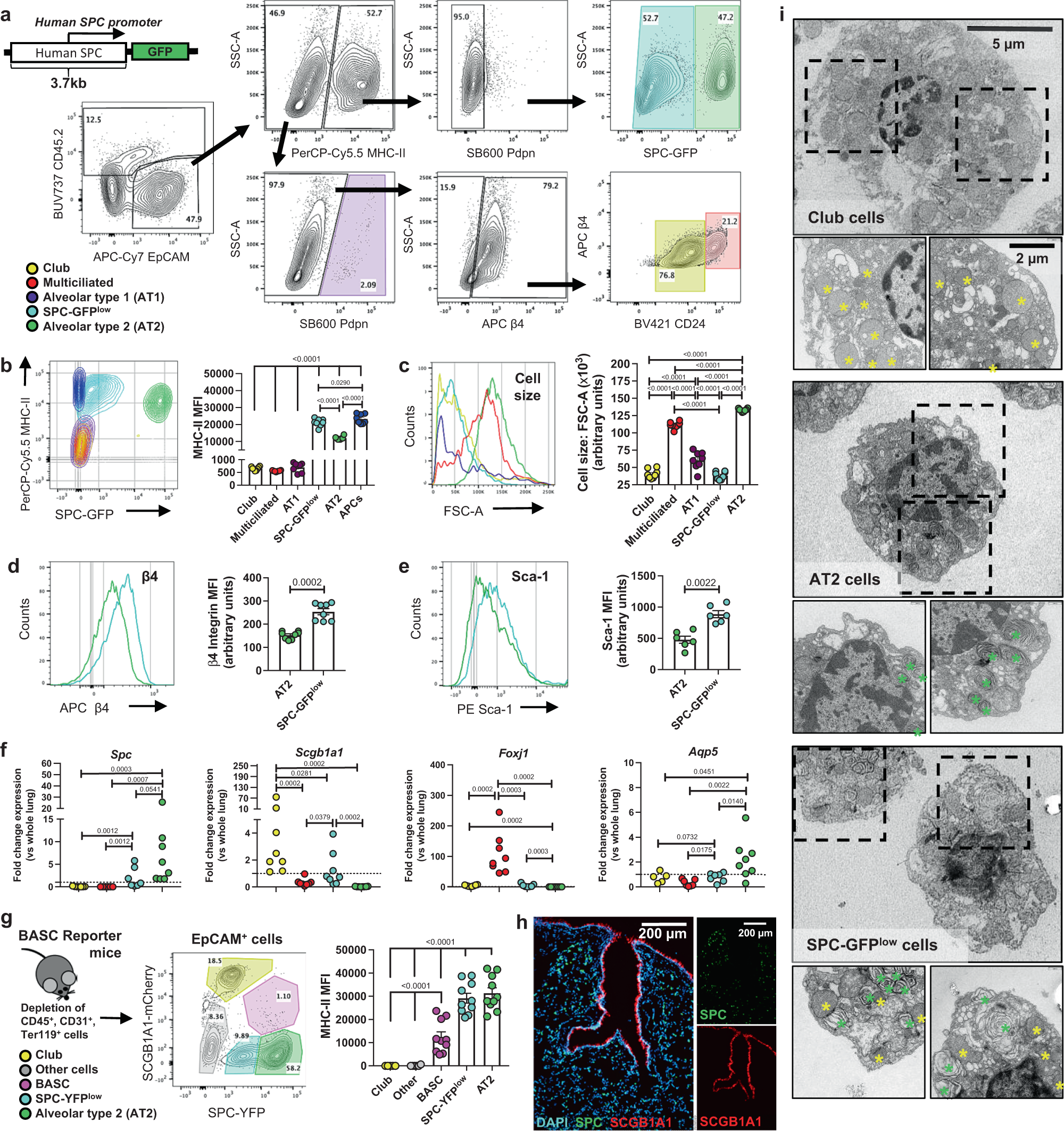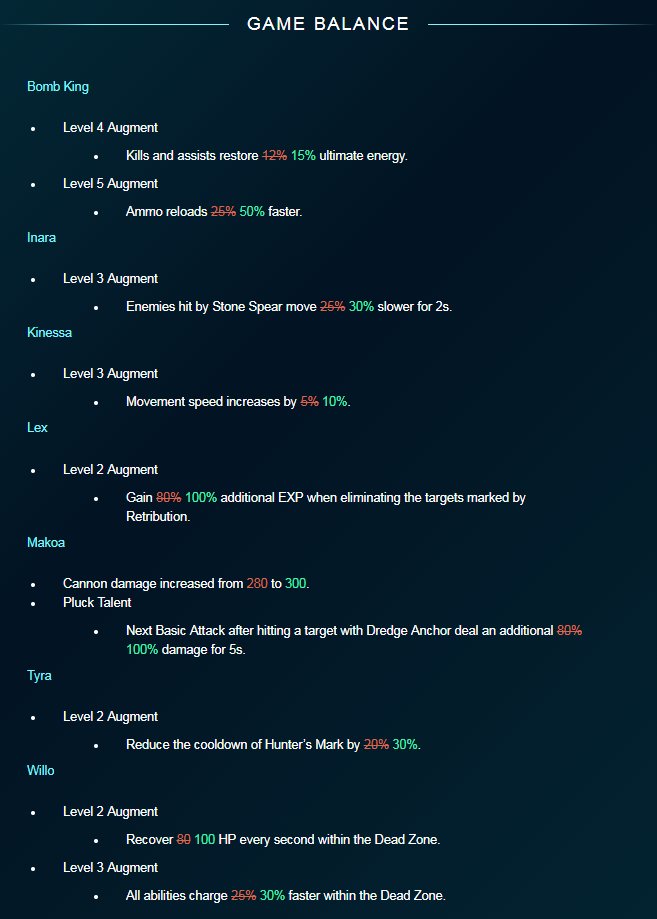Cancers, Free Full-Text
Por um escritor misterioso
Last updated 06 novembro 2024

The field of cancer research is famous for its incremental steps in improving therapy. The consistent but slow rate of improvement is greatly due to its meticulous use of consistent cancer biology models. However, as we enter an era of increasingly personalized cancer care, including chemo and radiotherapy, our cancer models must be equally able to be applied to all individuals. Patient-derived organoid (PDO) and organ-in-chip (OIC) models based on the micro-physiological bioengineered platform have already been considered key components for preclinical and translational studies. Accounting for patient variability is one of the greatest challenges in the crossover from preclinical development to clinical trials and patient derived organoids may offer a steppingstone between the two. In this review, we highlight how incorporating PDO’s and OIC’s into the development of cancer therapy promises to increase the efficiency of our therapeutics.

Global Cancer Statistics 2020: GLOBOCAN Estimates of Incidence and

Cancer-Free, Third Edition by Bill Henderson - Audiobook

National Comprehensive Cancer Network - Home

Pancreatic Cancer Action Network – Research, Patient Support

Prostate cancer - Wikipedia

ezra

Cancer in Lymph Nodes May Help Tumors Metastasize - NCI

Cancer Svg, Cancer Survivor Svg Graphic by artinrhythm · Creative

Cancer Free Posters for Sale

from Flow Cytometry to Cytomics, Page 2

Cancer
Flow Cytometric Analysis Of Several Cancer Cell Lines Breast

Pathology Outlines - Carcinoma-general
Recomendado para você
-
 Comentário e resultado ao vivo de The Strongest x Club Aurora, 08/09/2023 (Bolívia Copa Division Professional)06 novembro 2024
Comentário e resultado ao vivo de The Strongest x Club Aurora, 08/09/2023 (Bolívia Copa Division Professional)06 novembro 2024 -
Las Adelitas Night Club Pagina Oficial06 novembro 2024
-
Las Adelitas Night Club Pagina Oficial06 novembro 2024
-
 Philippe paulin keny on X: Moral Viking 🧠👈🏾✋🏾 / X06 novembro 2024
Philippe paulin keny on X: Moral Viking 🧠👈🏾✋🏾 / X06 novembro 2024 -
 Antigen presentation by lung epithelial cells directs CD4+ TRM cell function and regulates barrier immunity06 novembro 2024
Antigen presentation by lung epithelial cells directs CD4+ TRM cell function and regulates barrier immunity06 novembro 2024 -
 Por que as luzes da Aurora Boreal e Austral parecem estar mais ativas; entenda06 novembro 2024
Por que as luzes da Aurora Boreal e Austral parecem estar mais ativas; entenda06 novembro 2024 -
 ⚪BAHIA X ATLÉTICO-MG⚫AO VIVO(COM IMAGENS)(ASSISTA AGORA)CAMPEONATO BRASILEIRO SÉRIE A PS4/PC06 novembro 2024
⚪BAHIA X ATLÉTICO-MG⚫AO VIVO(COM IMAGENS)(ASSISTA AGORA)CAMPEONATO BRASILEIRO SÉRIE A PS4/PC06 novembro 2024 -
 THE 10 BEST Washington DC Clubs & Bars (Updated 2023)06 novembro 2024
THE 10 BEST Washington DC Clubs & Bars (Updated 2023)06 novembro 2024 -
 Confiança vence o Sousa (PB) e segue vivo na Pré-Copa do Nordeste06 novembro 2024
Confiança vence o Sousa (PB) e segue vivo na Pré-Copa do Nordeste06 novembro 2024 -
Aurora Borealis”: as melhores fotografias do “belo e hipnotizante” baile de luz polar, Fotogalerias06 novembro 2024
você pode gostar
-
Discord Chat Vendo Nitro Baratinho06 novembro 2024
-
 Assistir Hataraku Maou-sama!! - Dublado ep 6 - Anitube06 novembro 2024
Assistir Hataraku Maou-sama!! - Dublado ep 6 - Anitube06 novembro 2024 -
 Coffret La Casa de Papel - emb. 1 un - Netflix06 novembro 2024
Coffret La Casa de Papel - emb. 1 un - Netflix06 novembro 2024 -
 Free & Top-Rated Typing Apps for Kids 202406 novembro 2024
Free & Top-Rated Typing Apps for Kids 202406 novembro 2024 -
Shalon Israel - Cabeça de Gelo 🗿 - Reggae Roots Original06 novembro 2024
-
 Dragão Brasil 11806 novembro 2024
Dragão Brasil 11806 novembro 2024 -
 9 filmes de 2022 para começar 2023 de bem com a vida06 novembro 2024
9 filmes de 2022 para começar 2023 de bem com a vida06 novembro 2024 -
 Download Rick And Morty Wallpapers for FREE [100,000+ Mobile06 novembro 2024
Download Rick And Morty Wallpapers for FREE [100,000+ Mobile06 novembro 2024 -
 Paladins Strike (@PaladinsStrike) / X06 novembro 2024
Paladins Strike (@PaladinsStrike) / X06 novembro 2024 -
 Best Buy: ZTE Verizon Jetpack 4G/3G Mobile Hotspot (Verizon Wireless) 890L06 novembro 2024
Best Buy: ZTE Verizon Jetpack 4G/3G Mobile Hotspot (Verizon Wireless) 890L06 novembro 2024



